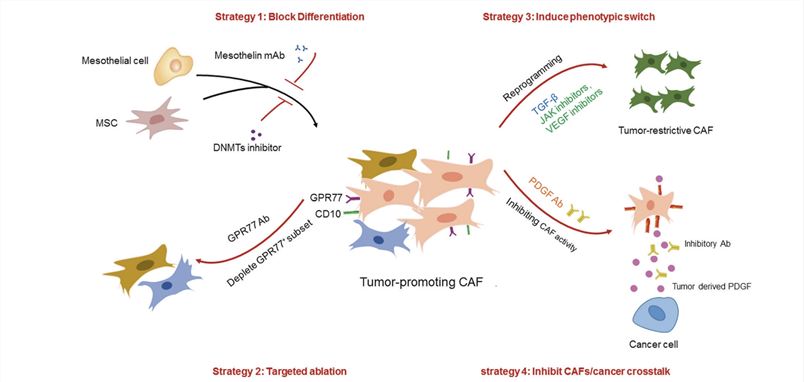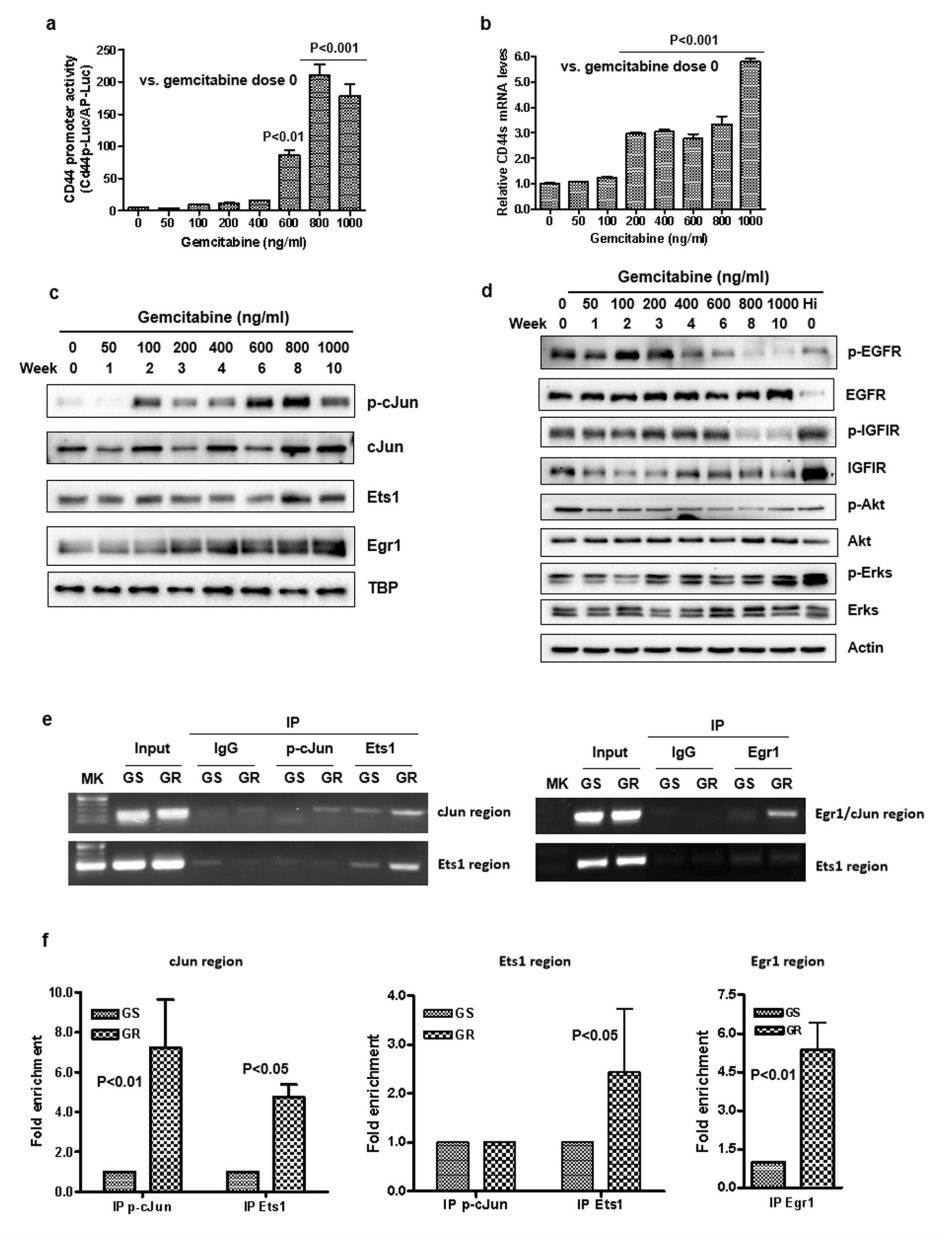Creative Biolabs is proud to offer a full collection of cancer protein-related resistance analysis services. Our services are designed to analyze the proteins in cancer cells that are associated with treatment resistance, allowing us to provide reliable and comprehensive results and help guide new therapy strategies. We understand that dealing with cancer resistance can be overwhelming, and Our team is standing by to answer any questions you may have and to help you get started on this important project.
Introduction
Cancer immunotherapy can only generate a strong immune response in the treatment of certain cancer types. The problem of resistance in cancer treatment presents a significant obstacle to current immunotherapy strategies. For the last few years, Creative Biolabs has been dedicated to assisting clients in comprehending the molecular pathways involved in proteins that promote cancer immune tolerance.
Within our advanced facility, our team will explore the intricate relationships between various immune cell populations and cancer cells within the tumor microenvironment. Our services will offer valuable data to analyze the underlying mechanisms of both innate and adaptive immune resistance. As a result, we can support clients in designing strategic combination therapies and pinpointing novel targets for potential therapies.
 Fig.1 Current Strategies to Selectively Target Tumor-promoting CAFs.1,3
Fig.1 Current Strategies to Selectively Target Tumor-promoting CAFs.1,3
Services
Cancer resistance is a crucial mechanism that allows cancer cells to evade the body's immune system, leading to cancer growth and progression. Understanding the molecular mechanisms underlying cancer resistance is essential for developing effective immunotherapies. At Creative Biolabs, we specialize in providing molecular mechanism analysis services based on key protein-mediated cancer resistance.
Our services include multiple technologies and expertise in analyzing the interactions between key proteins involved in cancer resistance. We utilize advanced molecular biology techniques, such as protein-protein interaction assays, gene expression analysis, and functional assays to uncover the complex molecular pathways that regulate cancer resistance. Our services may include:
1. Protein expression analysis: Analyzing the levels of cancer-associated proteins in cancer cells before and after treatment to determine changes that may contribute to resistance.
2. Functional assays: Assessing the impact of specific proteins on cell growth, survival, and response to treatment using in vitro and in vivo models.
3. Pathway analysis: Investigating the signaling pathways and interactions involving cancer-associated proteins to identify key regulators of resistance.
4. Therapeutic target identification: Using the information obtained from protein-mediated resistance analysis to identify potential targets for overcoming resistance and improving treatment efficacy.
5. Protein interaction studies: Creative Biolabs can help in studying the interactions between different cancer-related proteins using techniques like co-immunoprecipitation, surface plasmon resonance, and yeast two-hybrid analysis.
6. Targeted drug development: We can assist in the development of targeted therapies that specifically target cancer-related proteins, such as monoclonal antibodies or small molecule inhibitors.
7. Protein engineering: Our labs can help in engineering cancer-related proteins for various applications, such as generating recombinant proteins for research purposes or modifying proteins for improved stability or activity.
 Fig.2 The Expression Analysis of cJun, Ets1, and Egr1 in the Development of Gemcitabine Resistant Cancer Cells.2,4
Fig.2 The Expression Analysis of cJun, Ets1, and Egr1 in the Development of Gemcitabine Resistant Cancer Cells.2,4
Highlights
Creative Biolabs can identify novel protein targets that could be exploited for developing targeted cancer therapies. By elucidating the molecular mechanisms that drive cancer resistance, we can uncover new therapeutic opportunities that could enhance the efficacy of existing immunotherapies or lead to the development of novel treatment strategies.
Furthermore, our experienced scientists have a proven track record in conducting cutting-edge research in the field of cancer immunology. We have helped our clients publish numerous peer-reviewed articles in top scientific journals, demonstrating our expertise and credibility in the field.
If you are interested in exploring the molecular mechanisms underlying cancer resistance and discovering new therapeutic targets for cancer treatment, Creative Biolabs encourages you to inquire about our molecular mechanism analysis services. Contact us to learn more about how we can help advance your research and drug development projects in the field of cancer immunotherapy.
References
-
Yang, Dakai, et al. "Cancer-associated fibroblasts: from basic science to anticancer therapy." Experimental & Molecular Medicine 55.7 (2023): 1322-1332.
-
Chen, Chen, et al. "Gemcitabine resistance of pancreatic cancer cells is mediated by IGF1R dependent upregulation of CD44 expression and isoform switching." Cell Death & Disease 13.8 (2022): 682.
-
Image retrieved from Figure 3 "Therapeutic strategies of stroma re-engineering." Yang et al., 2023, used under CC BY 4.0 (https://creativecommons.org/licenses/by/4.0/). The title was changed to "Current Strategies to Selectively Target Tumor-promoting CAFs."
-
Image retrieved from Figure 3 Chen et al., 2022, used under CC BY 4.0 (https://creativecommons.org/licenses/by/4.0/). The title was changed to " The Expression Analysis of cJun, Ets1, and Egr1 in the Development of Gemcitabine Resistant Cancer Cells."
For Research Use Only | Not For Clinical Use


 Fig.1 Current Strategies to Selectively Target Tumor-promoting CAFs.1,3
Fig.1 Current Strategies to Selectively Target Tumor-promoting CAFs.1,3
 Fig.2 The Expression Analysis of cJun, Ets1, and Egr1 in the Development of Gemcitabine Resistant Cancer Cells.2,4
Fig.2 The Expression Analysis of cJun, Ets1, and Egr1 in the Development of Gemcitabine Resistant Cancer Cells.2,4
 Download our brochure
Download our brochure